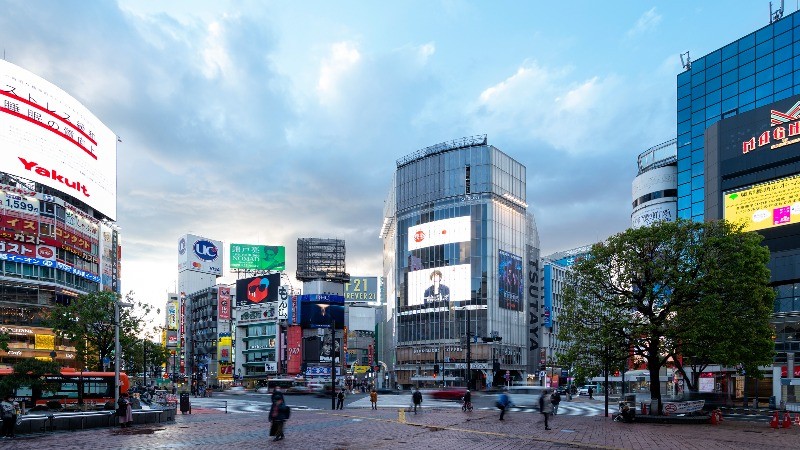Emerging Trends in Real Estate® Asia Pacific 2024
Emerging Trends in Real Estate® Asia Pacific is an annual trends and forecast publication for the real estate industry.

The latest Emerging Trends in Real Estate® 2025 Asia Pacific report from PwC and Urban Land Institute (ULI) indicates that the start of an interest rate easing cycle in the US has sparked optimism in the commercial real estate markets across Asia Pacific. Investor sentiment is improving, and Q3 data from MSCI shows a significant deal pipeline for the fourth quarter.
The Emerging Trends in Real Estate® survey, conducted in October, ranked Tokyo (1), Osaka (2), Sydney (3), and Singapore (4) as the top four cities for investment prospects in the region. However, data from MSCI and anecdotal reports indicate significant disparities across different geographies and sectors within the Asia Pacific region.

This year's report also shows rising interest in assets in emerging markets like Southeast Asia and India, driven by the shift of manufacturing activities from China to these regions, boosting demand for industrial and logistics assets.
Investors across the region have reported that the ongoing discrepancy in pricing expectations (wide bid/ask spreads) has caused them to shift away from traditional property types in search of assets that can meet return thresholds. These alternative assets include data centres and living sector assets such as multifamily, residential and senior housing, which are associated with new-economy themes and high growth prospects.
Emerging Trends in Real Estate® Asia Pacific is an annual trends and forecast publication for the real estate industry.

A joint undertaking between PwC and the Urban Land Institute, this 17th edition of Emerging Trends Asia Pacific aims to shed light on real estate investment and development trends, and other issues throughout the APAC region.

Real estate has been a key driver of both local and global economy for over decades. For many organisations, real estate and physical infrastructure are major components of operational costs and typically involve significant investments which dominate the balance sheet.
